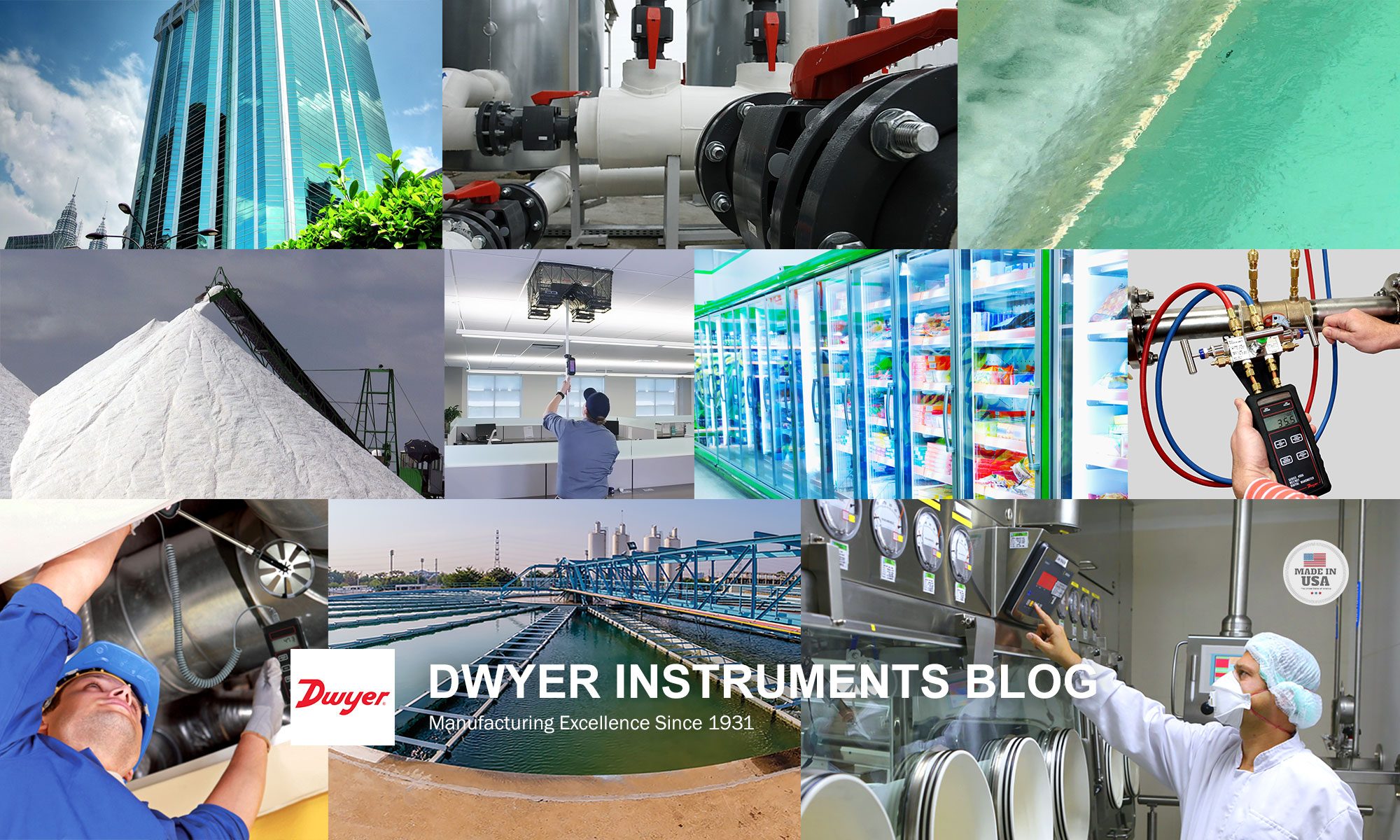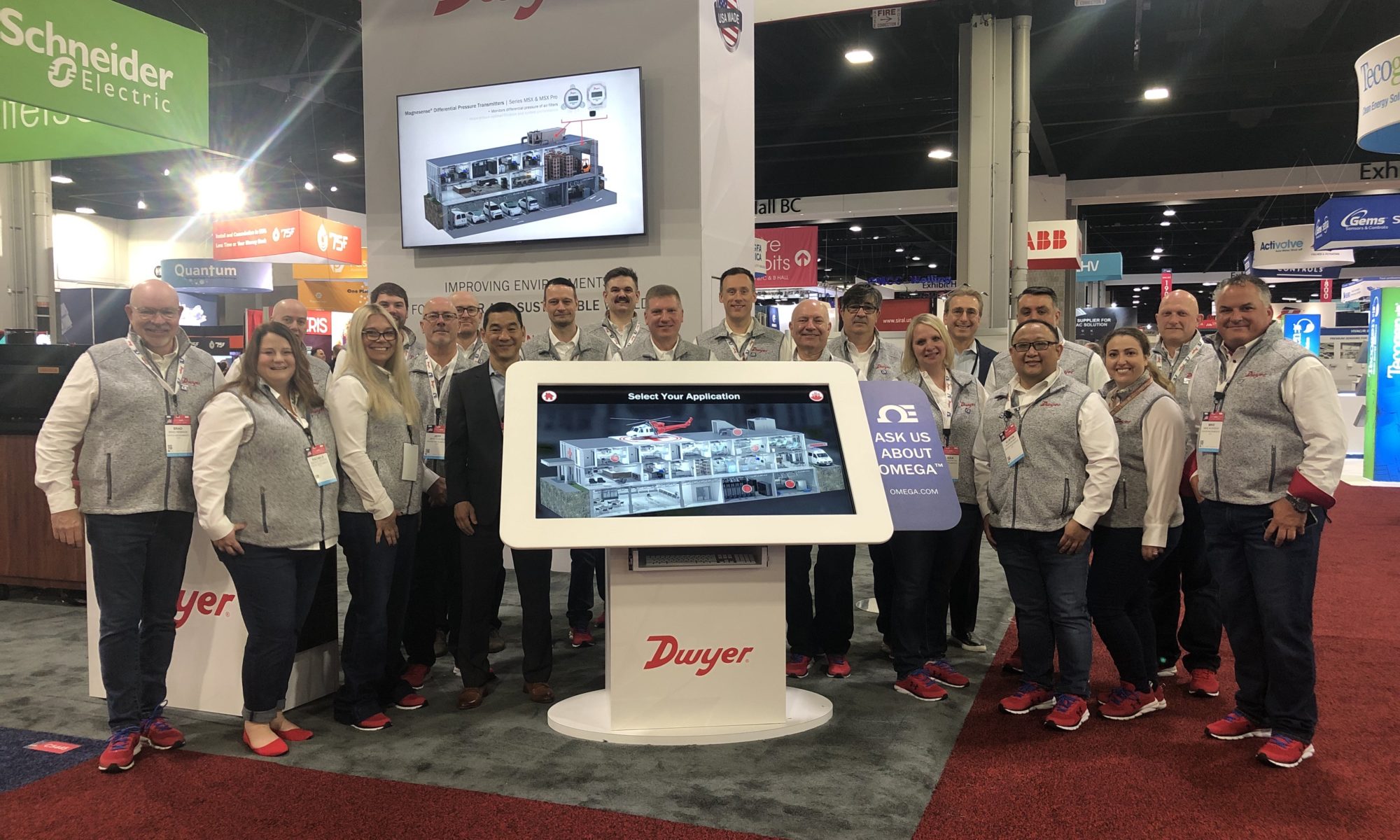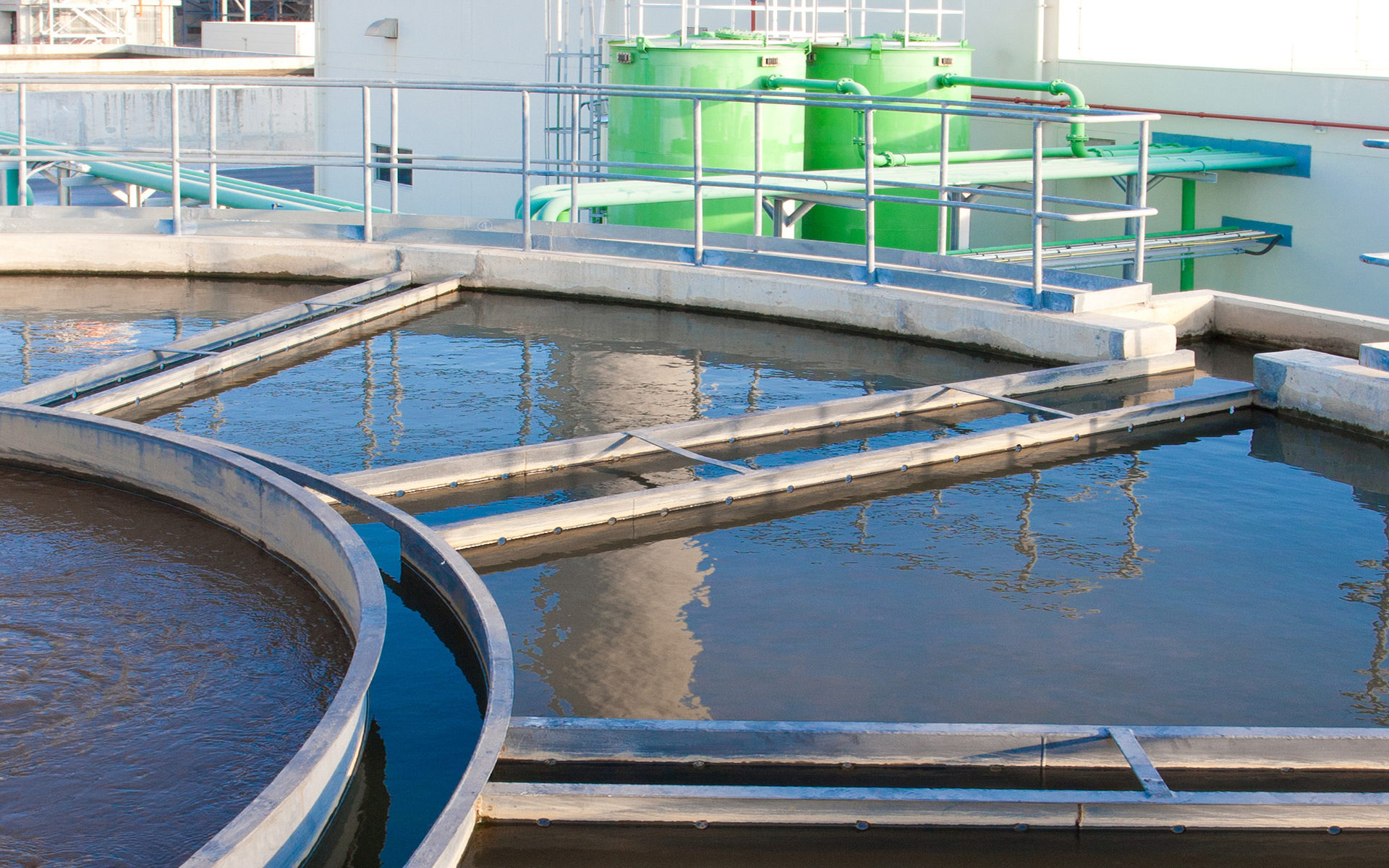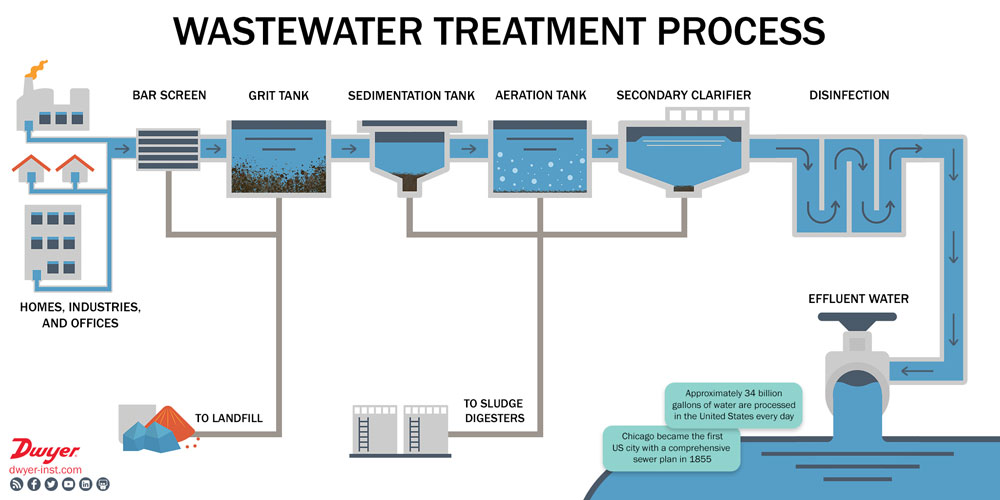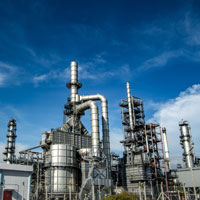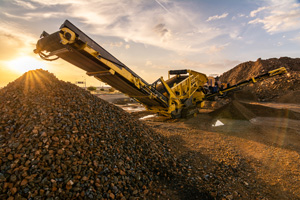 With one huge scoop, you grab the rock and stone in front of you, collecting it in the bucket of your front-end loader. You move forward, ready to dump the material into the load chute of the conveyor. Someone gives a shout, arms waving and signaling you to stop: “Hold up! We’ve got a jam.” The belt conveyor is down again for maintenance, and you’ve got some time on your hands; this could mean several hours of downtime for the team.
With one huge scoop, you grab the rock and stone in front of you, collecting it in the bucket of your front-end loader. You move forward, ready to dump the material into the load chute of the conveyor. Someone gives a shout, arms waving and signaling you to stop: “Hold up! We’ve got a jam.” The belt conveyor is down again for maintenance, and you’ve got some time on your hands; this could mean several hours of downtime for the team.
Hauling components is an important part of the production processes of varying industries including concrete, chemical, mining, wastewater treatment, and more. Within these bulk handling operations, belt conveyors are an economical way to transport materials of varying sizes. Continue reading “Rock & Roll with Belt Conveyor System Solutions”
